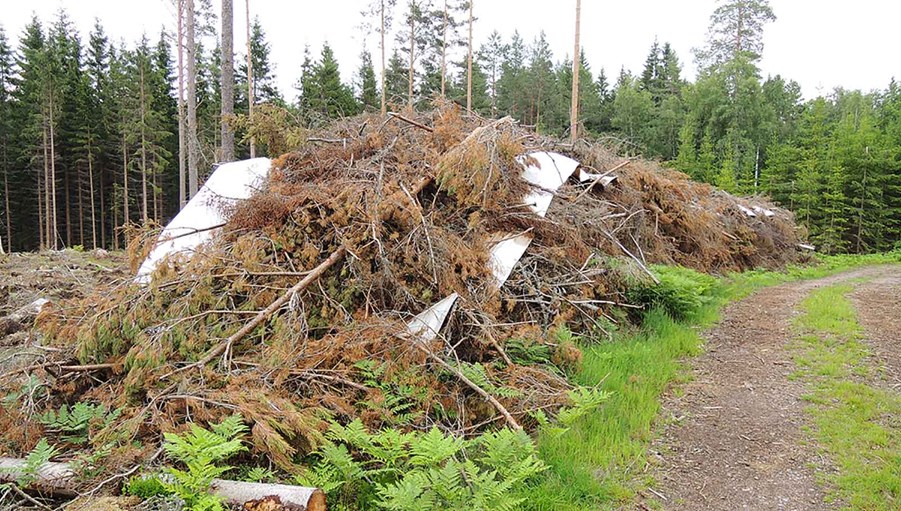
Forest management and its impact on climate change mitigation and adaptation is included in the EU taxonomy delegated act presented on 21 April. The huge climate benefit of wood-based products is however disregarded.
The European Commission has now presented a revised and final delegated act for the first part of the EU taxonomy, aiming to direct investments towards sustainable projects and activities. The act defines criteria to classify investments beneficial for climate change mitigation and adaptation.
– Forest management is acknowledged as an activity contribution to climate change mitigation. This is clearly a huge step in the right direction compared to the proposal that was presented in November last year. The Commission is however focusing on the contribution from forests as carbon sinks and misses out on the huge climate benefit of wood-based products. The only exception is the inclusion of forest bioenergy, says Magnus Berg, Head of the Industrial Policy Department at the Swedish Forest Industries.
Mårten Larsson, bioenergy expert at the Swedish Forest Industries Federation, adds:
– We welcome that bioenergy from forests and forest-based industries is classified as sustainable and that the criteria are in line with existing ones in the Renewable Energy Directive.
Magnus Berg continues:
– It is very unfortunate that the considerable climate benefit of other wood-based products besides bioenergy is disregarded. The presented act has a biased focus on forests as carbon sinks and thereby it misses out on the positive climate contribution when wood-based products replace fossil alternatives.
The act’s forest management criteria clearly risk creating an increased and heavy administrative burden on forests owners who wish to classify their management as sustainable.
– Without any doubt, the Commission has a tough task in creating enthusiasm for its taxonomy among the millions of European private individuals who own forests holdings, concludes Magnus Berg.



